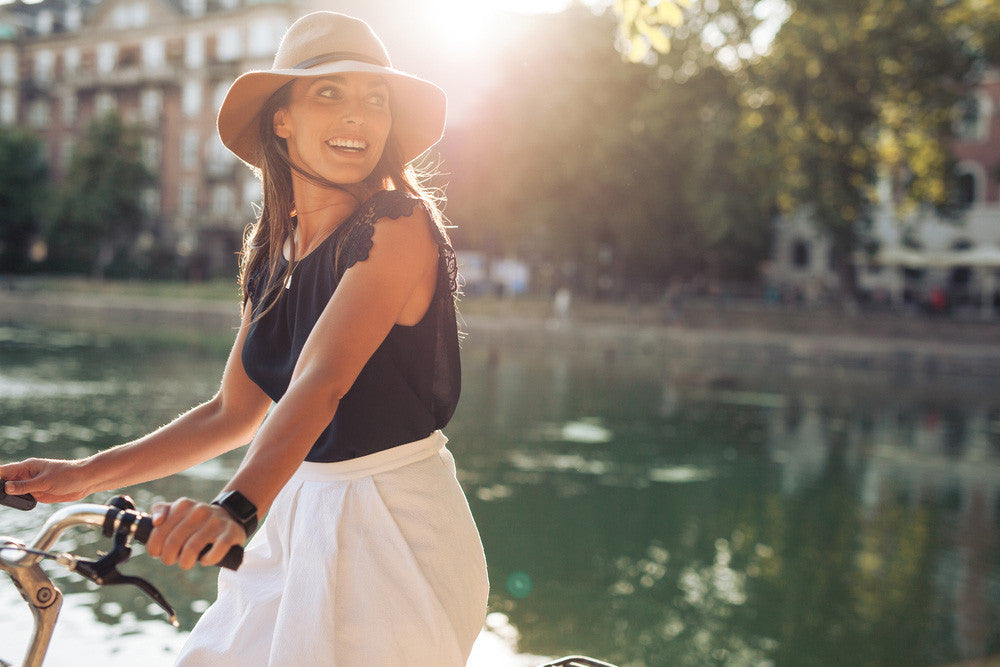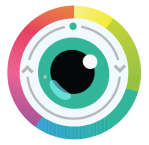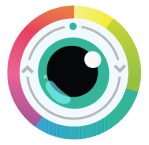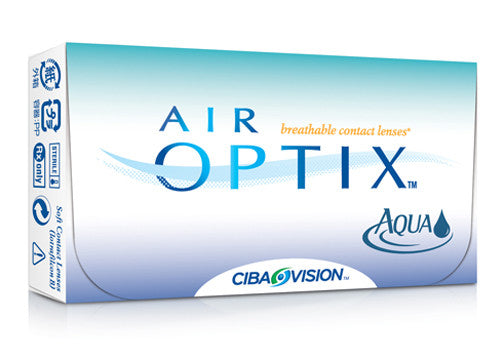
When you think about keeping your eyes safe from the sun and its harmful ultraviolet rays, your mind probably immediately jumps to sunglasses. Yet, are shades the only way to ward off sun damage? Do contact lenses offer UV protection? The answer is, yes, some contacts do! At Fresh Lens, we think that’s a pretty cool feature and great for the health of your eyes. Unfortunately, the topic of UV protection and contact lenses doesn’t get a ton of attention, so we’ll break it down for you.
Your Eyes and the Dangers of UV Radiation
Before we get into the ins and outs of UV protection with contact lenses, first, we need to chat about what UV is and how it can harm your vision. Sunlight is the main source of ultraviolet (UV) radiation. It’s a form of electromagnetic radiation and the two wavelengths that we tend to worry about are UVA and UVB rays.
UV exposure has a cumulative effect when it comes to your eyes, which is why it’s super important to make sure children are protected year-round. UV radiation can pass through the pupil and reach the lens or retina or, in other cases, it’s absorbed by the cornea, the outermost, clear layer of the eye. It’s thought that the radiation can cause cataracts, an acceleration of age-related macular degeneration, cancer in the eyeball, little tissue elevations or growths, known as pinguecula and pterygium, and, more often in high altitude conditions with snow, painful inflammation called photokeratitis, which is like sunburn to the eye.
What are UV Contact Lenses?
The American Optometric Association and essentially every other health and vision organization recommend wearing sunglasses whenever you’re exposed to the sun during the daylight hours. You should always look for a pair that blocks 99-100% of UVA and UVB rays. However, most styles of sunglasses, aside from the wraparound variety, allow sunlight, both direct and reflected, to enter from the sides, above and below. Contacts with UV protection can be a powerful complement to your shades as studies have indicated that these contacts absorb radiation that hits the surface of the eye and can shield the eyes from all angles providing more complete protection than sunglasses alone.
While many contact lenses don’t offer UV protection, there are some that do. UV-blocking contacts are divided into two classes by the FDA:
- Class I Blocker – These contact lenses must block more than 90% of UVA and 99% of UVB radiation.
- Class II Blocker – These lenses must block more than 70% of UVA and 95% of UVB.
Do I Need to Wear Sunglasses with Contact Lenses?
As we mentioned, the sunglasses and contact lenses combo will offer the most complete protection from UV rays as you’ll cover all angles. The ideal approach is wearing wraparound sunglasses, Class I UV-blocking contacts and a wide-brimmed hat whenever you’re in the sunlight. Contacts shouldn’t be your only line of defense because manufacturers have yet to develop the perfect lens and so far, UV-blocking lenses haven’t been as effective as sunglasses. Fortunately, new silicone hydrogel UV-blocking lenses have improved upon the original design but you’ll still want to take the additional precaution of wearing UV-absorbing goggles or sunglasses.
Looking for the best UV protection contact lenses? Look no further than Fresh Lens. We have a large selection of Canadian contact lenses (and our fast and free shipping!) including those with UV-blocking capabilities like ACUVUE Oasys and Biotrue ONEday. With summer and beach days approaching, warding off UV rays should be a top priority!
 ACUVUE OASYS - 12 PACK |
 BIOTRUE ONEday |

































